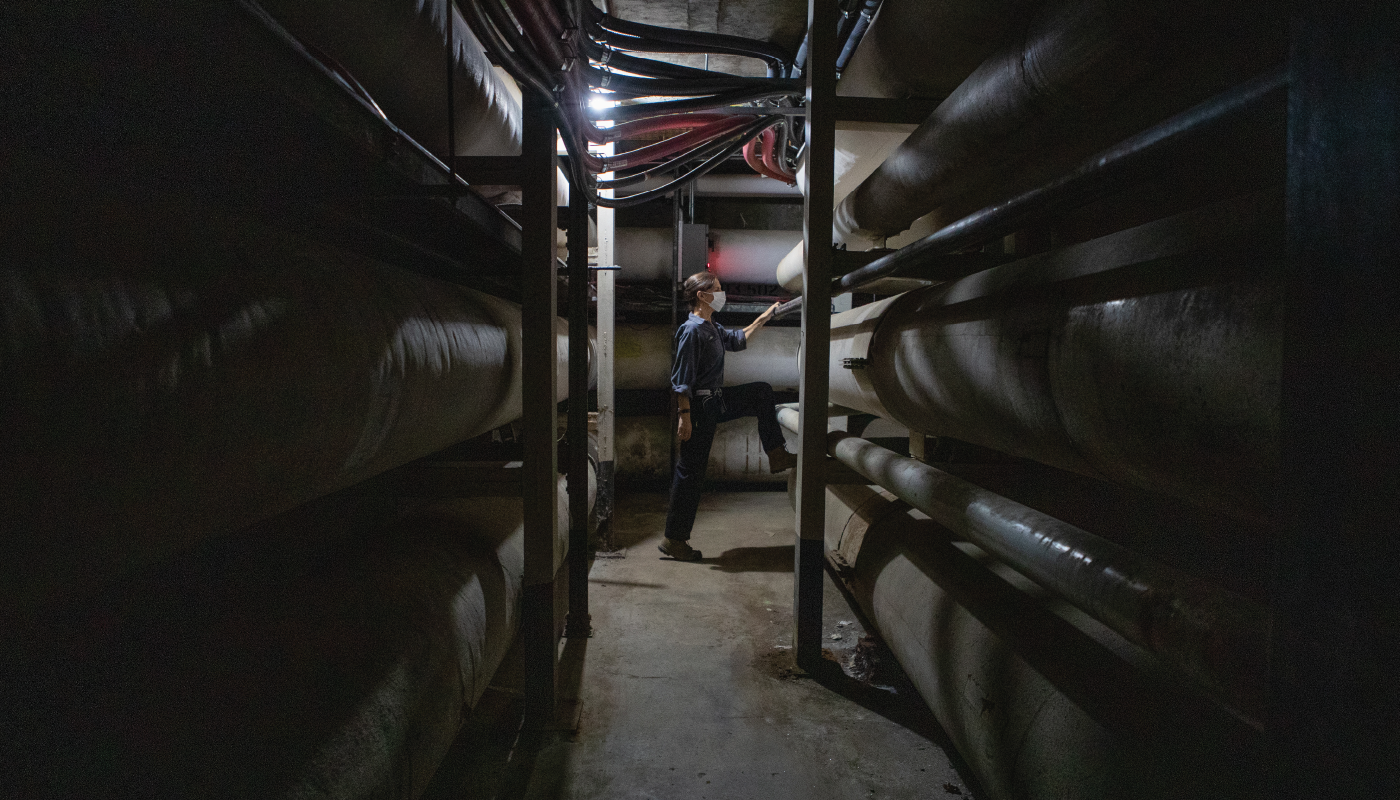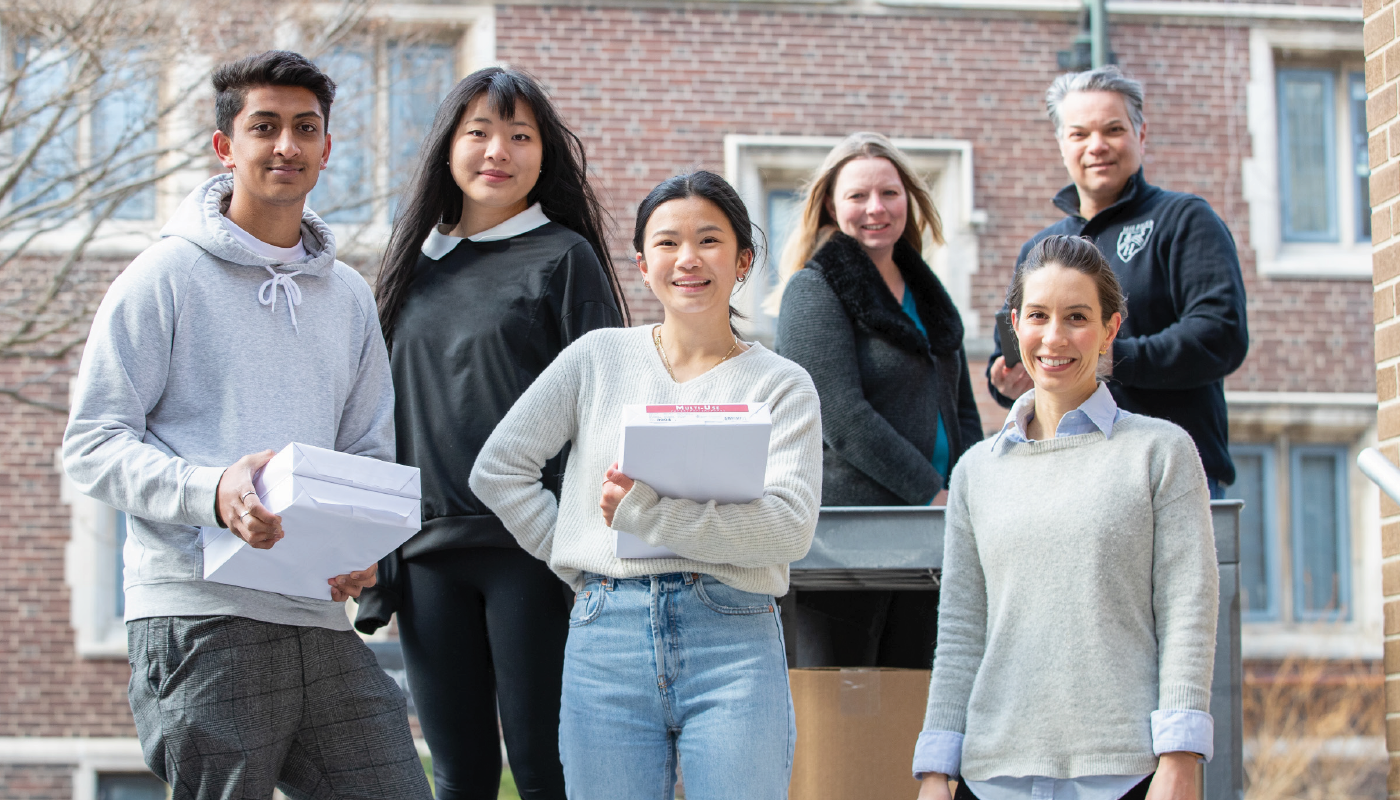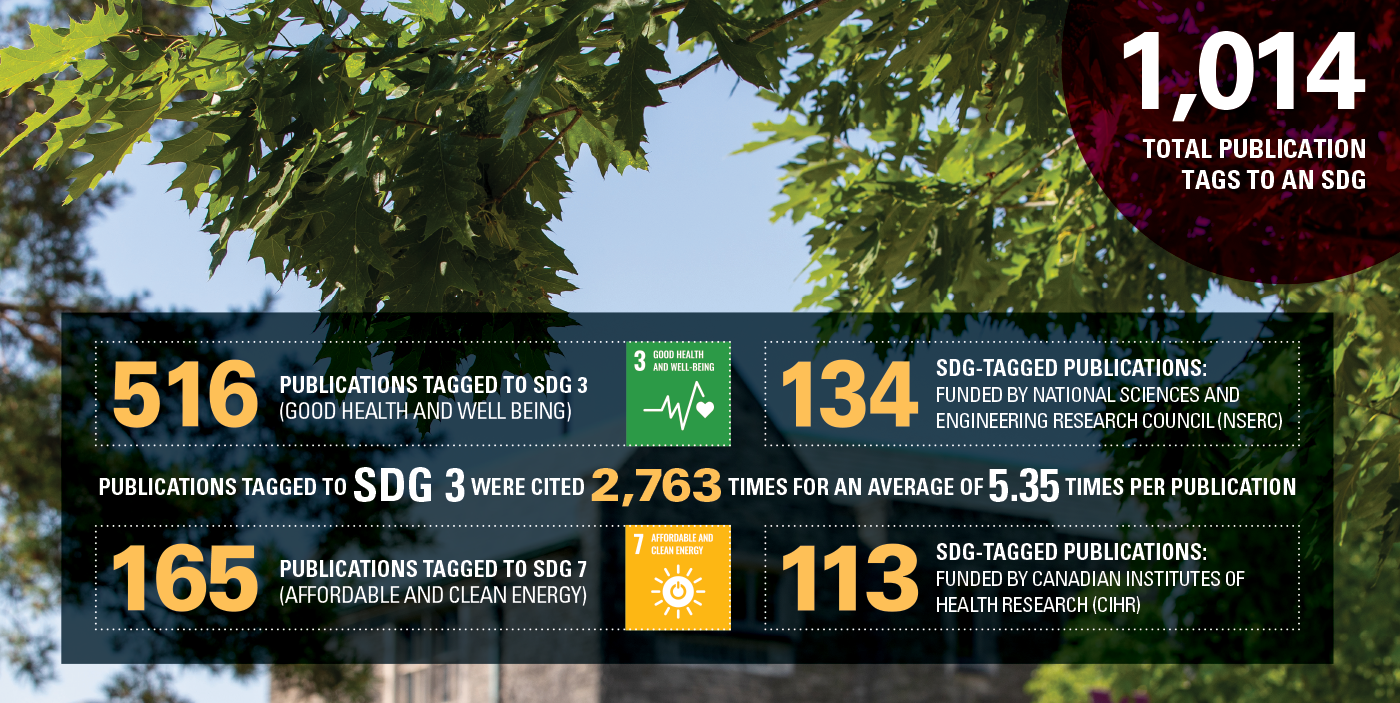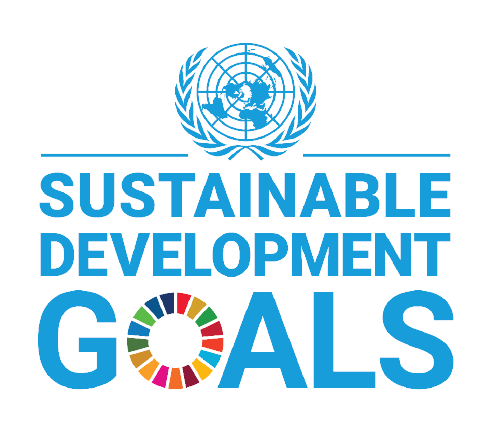Operational Excellence
Hospitality Service employee Darren Gibbons places food in a compostable container at Centro@Commons dining hall on campus.

McMaster’s Sustainability Strategy outlines the university’s dedication to transforming administrative and operational practices to be more sustainable. This will involve carbon and energy reduction, with the goal of being a carbon-free campus, reducing waste and committing to environmentally responsible procurement. Developing time-bound metrics that clearly benchmark our progress across all strategic drivers will be a priority and a responsibility shared by all McMaster leaders. The progress included here is a sample, and more efforts and initiatives will build on this foundation every reporting year.
- Sustainable Infrastructure, Energy, and Water
- Waste
- Responsible Investing and Sustainable Procurement
- Metrics
Information Box Group

Jen Rubio, operating engineer in the E.T. Clarke Centre with the extensive heating and cooling system underneath McMaster’s campus.
Sustainable Infrastructure, Energy, and Water: Electric-powered steam
McMaster University is taking the first big step in the university’s Net Zero Carbon Roadmap. McMaster has relied on natural gas-powered boilers to produce the steam required for heating campus. This year, McMaster is installing two electric boilers, and this will lead to a 23 per cent reduction in carbon emissions on campus.
This reduction is equivalent to 9,200 tonnes of CO2e, which is like taking 2,819 gas-powered passenger vehicles off the road.
Waste: Campus food waste champions
Everyone on campus plays a role in diverting organic waste from landfills. In addition, Hospitality Services’ kitchens recycle 100% of food waste. McMaster’s main campus started an organic food waste recycling program for staff before the COVID-19 pandemic and plans to expand participation. To participate, a department champion can request an organic food recycling receptacle from Facility Services, who specifies a drop-off location where the vendor picks up the organic waste for recycling. Want to become an organic food waste champion for your area? Email clerks@mcmaster.ca.

Information Box Group

Sustainability students, Aryan Patel, Joy Xu, and Helena Teng who created McMaster’s first sustainable procurement program with collaborators from Strategic Procurement, Tracie Felton and Angelo DiLettera, and Kate Whalen, Associate Director, Academic Sustainability Program.
Responsible Investing:
Aligned with the United Nations
McMaster is aligned with the United Nations Principles for Responsible Investing incorporating environment, social and governance considerations across investment manager selection and monitoring of performance and holdings. The University has adopted an accelerated decarbonization approach for the Investment Pool having reduced portfolio carbon emissions by over 50% since 2018 McMaster is now targeting a 65% carbon reduction by 2025, 75% by 2030, and the rest as soon as possible thereafter. As Canada’s first University to adopt the Task Force Recommendations for Climate-Related Financial Disclosures, additional information is available on McMaster’s responsible investing website and in the Annual Financial Report. McMaster’s pension assets are overseen with pension plan members and both the salary and hourly plans are in process of reviewing the merits of potential UN aligned decarbonization strategies.
Sustainable Procurement:
Students help McMaster buy better
McMaster spends over a quarter of a billion dollars on goods and services annually. Given this, it is essential to consider sustainable impacts during strategic sourcing activities. Partnering with the Academic Sustainability Program, both students and procurement staff created online tools to support McMaster’s community in deploying sustainable procurement practices. McMaster’s first Sustainable Procurement webpage is complete with resources to support social and environmental purchasing. Everyone who makes purchasing decisions at McMaster is encouraged to learn more about how McMaster’s Department of Strategic Procurement can help ensure what we buy and how we buy aligns with our sustainability commitments.
Tied for 1st place
In a newly released study by the C.D. Howe Institute, McMaster tied for first place in Canada with the University of British Columbia for its endowment emission reduction plan, governance and disclosure of its plan and progress.
Information Box Group

Metrics: Tracking McMaster’s research related to the United Nation’s Sustainable Development Goals (UN SDGs)
Interested in further exploring McMaster’s contributions to research related to the UN Sustainable Development Goals? Check out Dimensions, a research output and citation platform available to McMaster University students, staff, and faculty to explore research within and beyond the university. Want to know how many McMaster research papers were published in 2021 related to UN SDG 7: Affordable and Clean Energy (164), or how McMaster compares to other universities in these areas of research? Explore the data online and reach out to McMaster Library’s Research Impact Specialist to learn more.

![]()
Spotlight:
McMaster’s campus is on the road to net zero carbon emissions
McMaster’s Net Zero Carbon Roadmap was developed in 2020 as a pathway to achieve net zero carbon emissions, which the Canadian government defines as emitting no greenhouse gases or offsetting emissions, “for example, through actions such as tree planting or employing technologies that can capture carbon before it is released into
the air.”
The proposed path originally involved a 75 per cent emission reduction by 2030 and a 90 per cent reduction by 2050, with the remaining 10 per cent of emissions being achieved by installing more renewable energy projects or purchasing carbon credits.
“We are excited to share that McMaster is looking for ways to fast-track our plan to eliminate greenhouse gases on campus. We are developing a plan for achieving net zero carbon emissions on campus by as early as 2035,” says Debbie Martin, chief facilities officer. “Students, faculty and staff identified infrastructure, energy and water as the top drivers of sustainability at McMaster and this acceleration towards net zero carbon emissions is part of our Sustainability Strategy.”
Future initiatives are being explored. The plan includes the potential for geothermal heating and cooling, waste-water heat recovery, and electrifying the fleet of service vehicles on campus. Renewable energy production using photovoltaic installations and carbon capture strategies are also potential future elements of the plan. After installing electric boilers, the next step in the roadmap will reduce the use of a cogeneration energy production plant, reducing emissions on campus an additional 21 per cent.
“Energy conservation in buildings will also help McMaster achieve net zero carbon emissions. Our new construction projects include high-performance envelopes, efficient ventilation, and LED lighting with occupancy sensors to save energy,” says Lalita Goray, director of design and construction and co-chair of McMaster’s Sustainability Advisory Council. “Sustainable design and construction aligns with a number of the United Nations (UN) Sustainable Development Goals (SDG) and will improve the health of our planet.”


